
Paying overseas employees in cryptocurrency is rapidly becoming a preferred strategy for agile, global-first organizations. The promise of near-instant settlement, lower transaction costs, and borderless distribution is compelling. However, the road to payroll compliance in crypto for overseas teams is paved with complex legal and regulatory considerations that can’t be ignored.
![]()
Legal Foundations: Navigating Wage Laws and Crypto
The first compliance hurdle is understanding how labor laws interact with digital assets. In the United States, the Fair Labor Standards Act (FLSA) sets the baseline: nonexempt employees must be paid minimum wage and overtime in “cash or negotiable instruments payable at par. ” While there’s precedent for paying in foreign currency (as long as wage requirements are met after conversion), it remains ambiguous whether most cryptocurrencies qualify as “negotiable instruments” under FLSA. Employers operating in states like California or Illinois face even stricter rules requiring payment in cash or instruments redeemable at face value.
For businesses considering crypto payroll, this means that simply sending Bitcoin or Ethereum may not satisfy wage payment statutes. Stablecoins such as USDC and USDT, with their 1: 1 dollar pegs and growing institutional acceptance, are emerging as practical alternatives. Still, employers should carefully review local statutes – what’s compliant in Wyoming may not fly in California.
The Tax Maze: IRS Guidance on Crypto Salaries
The IRS treats cryptocurrencies as property – not currency – introducing unique tax obligations for both employer and employee. When paying wages in crypto, you must:
- Withhold income and employment taxes based on the fair market value of the crypto at the time of payment.
- Report compensation on Form W-2 using USD equivalents.
- Track all transactions, since fluctuations between payment date and conversion can impact taxable amounts.
This means payroll teams need robust processes to capture real-time exchange rates, document payments precisely, and ensure tax withholding aligns with U. S. dollar values – failure to do so risks audits or penalties. For more details on IRS requirements for crypto wages, see guidance from Bloomberg Law.
Key Compliance Risks of Crypto Payroll for Overseas Employees
-

Unclear Legal Status Under Labor Laws: Cryptocurrencies may not meet the definition of “cash or negotiable instruments” required by the Fair Labor Standards Act (FLSA) and many state laws. This legal ambiguity can result in noncompliance with minimum wage and overtime regulations if crypto is not recognized as lawful payment.Reference: Proskauer, MoFo
-
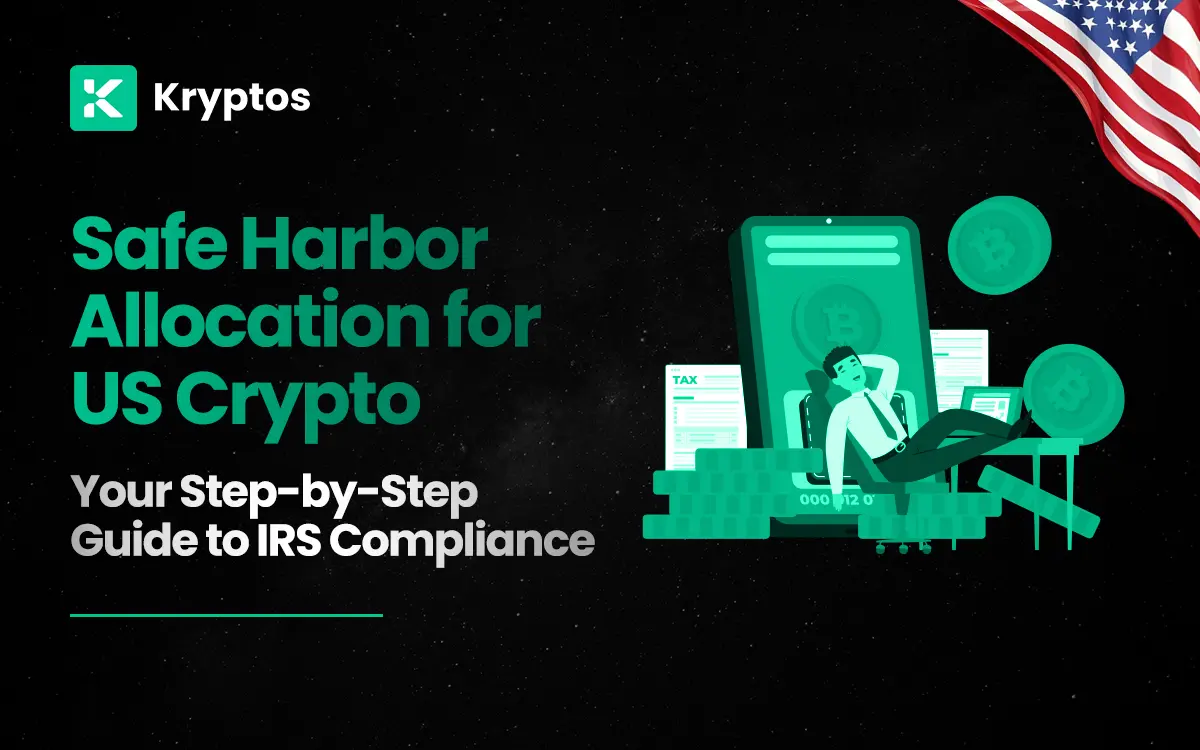
Complex Tax Withholding and Reporting: The IRS treats cryptocurrency as property, not currency. Employers must calculate, withhold, and report payroll taxes based on the fair market value of crypto at payment time. Errors in valuation or reporting can trigger penalties or audits.Reference: Bloomberg Law
-

Cryptocurrency Price Volatility: Rapid fluctuations in crypto value can cause employees to receive less than the legally required minimum wage or overtime after conversion. This volatility exposes employers to wage and hour law violations if not proactively managed.Reference: MoFo
-
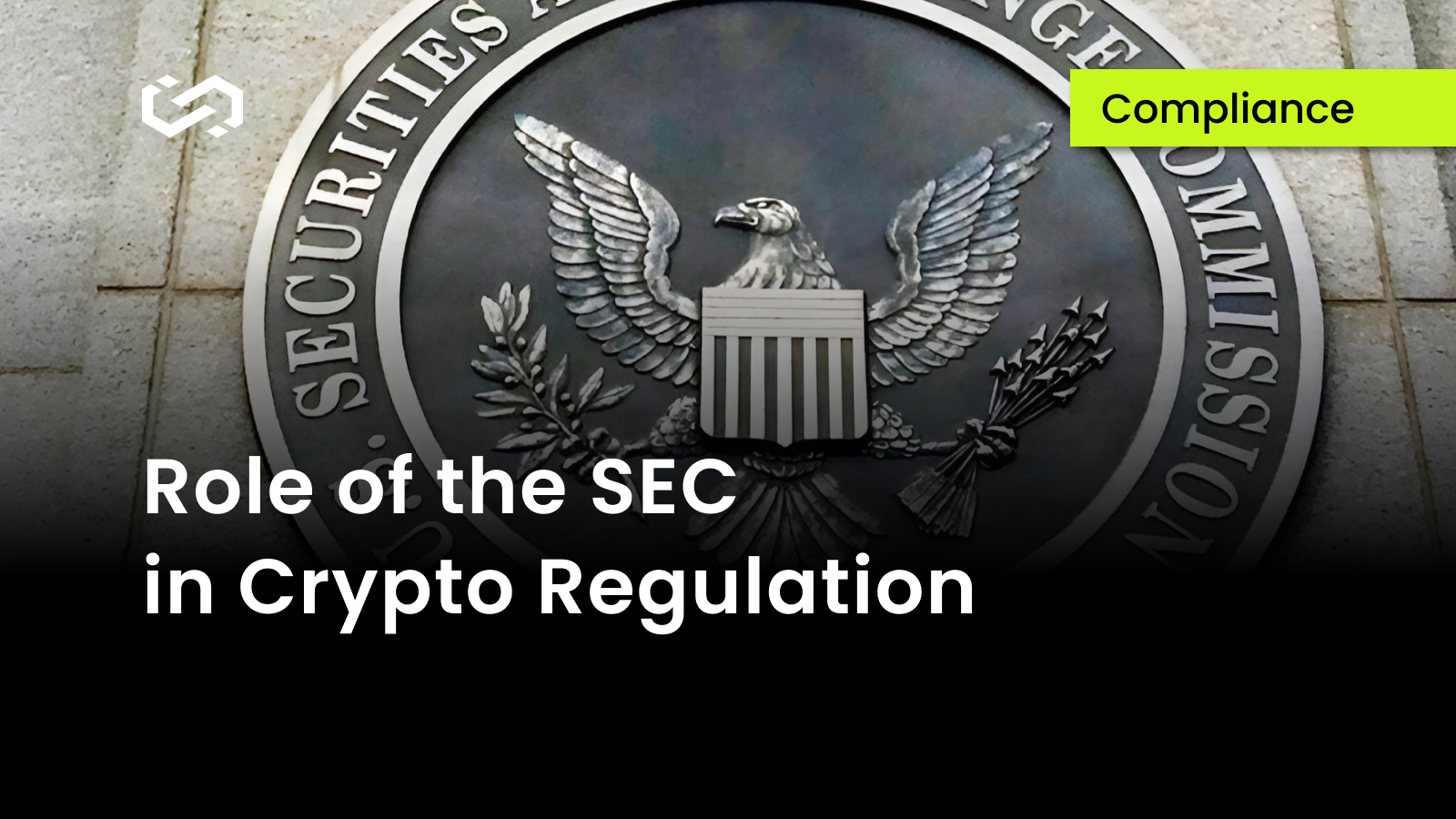
Securities Law Exposure: If the cryptocurrency used for payroll is classified as a security by the SEC, employers may be subject to securities registration and compliance requirements. This risk is heightened with less established or utility tokens.Reference: Bloomberg Law
-

Inconsistent International Regulations: Each country has distinct rules for wage payments, tax treatment, and crypto legality. Noncompliance with local laws can result in fines, legal disputes, or payroll interruptions for overseas employees.Reference: Velocity Global, Lano.io
Taming Volatility: Stablecoins vs Traditional Crypto Payroll Risks
An often-overlooked challenge is price volatility. If you pay an employee $3,000 worth of Bitcoin today but its value drops before they convert it to fiat currency, you could inadvertently violate minimum wage laws if their take-home dips below statutory thresholds. This risk is why stablecoins like USDC have become the backbone of compliant cross-border payroll operations, they maintain a consistent value relative to the U. S. dollar.
The prudent approach? Consider hybrid compensation models that guarantee base salary in fiat (or stablecoin) while offering performance bonuses or incentives in other cryptocurrencies if desired by employees. Always secure explicit written consent from team members receiving any portion of their pay in digital assets, transparency about volatility risk is key for both trust and compliance.
To further reduce compliance headaches, many companies are turning to specialized crypto payroll platforms that automate exchange rate tracking, tax withholding, and reporting. These platforms can help ensure that your payroll process is airtight, especially when managing a distributed workforce across multiple jurisdictions. Selecting a provider with deep expertise in both blockchain and global employment law is critical, this is not an area for shortcuts or generic solutions.
Cross-Border Crypto Payroll: Regulations and Global Considerations
Compliance isn’t just a U. S. issue. Every country where your employees reside may have specific rules regarding digital asset payments, including licensing requirements for money transmission, anti-money laundering (AML) checks, and local tax obligations. For example, the European Union’s Markets in Crypto-Assets (MiCA) regulation introduces new standards for stablecoin issuers and crypto service providers. Meanwhile, countries like India or China may restrict or outright ban certain types of crypto transactions.
Employers must classify overseas workers correctly, as employees or contractors, because misclassification can trigger severe penalties. Each country defines these categories differently; what qualifies as an independent contractor in one jurisdiction might be considered an employee elsewhere, with all the attendant payroll tax and benefits implications (see Morrison Foerster’s analysis).
Best Practices: Building a Robust Crypto Payroll Framework
A methodical approach to crypto salary compliance requirements will protect your business from regulatory missteps and foster trust with your global team. Here are actionable steps:
Checklist for Compliant Cross-Border Crypto Payroll
-

Verify Legal Eligibility in Each Jurisdiction: Confirm that paying wages in cryptocurrency is permitted under the labor laws of both the employer’s and employee’s countries. Pay close attention to U.S. federal laws (like the FLSA) and state-specific requirements, such as those in California and Illinois.
-

Use Established, Stable Cryptocurrencies: Opt for widely recognized stablecoins such as USDC or USDT to minimize volatility and facilitate easier valuation for tax and reporting purposes.
-
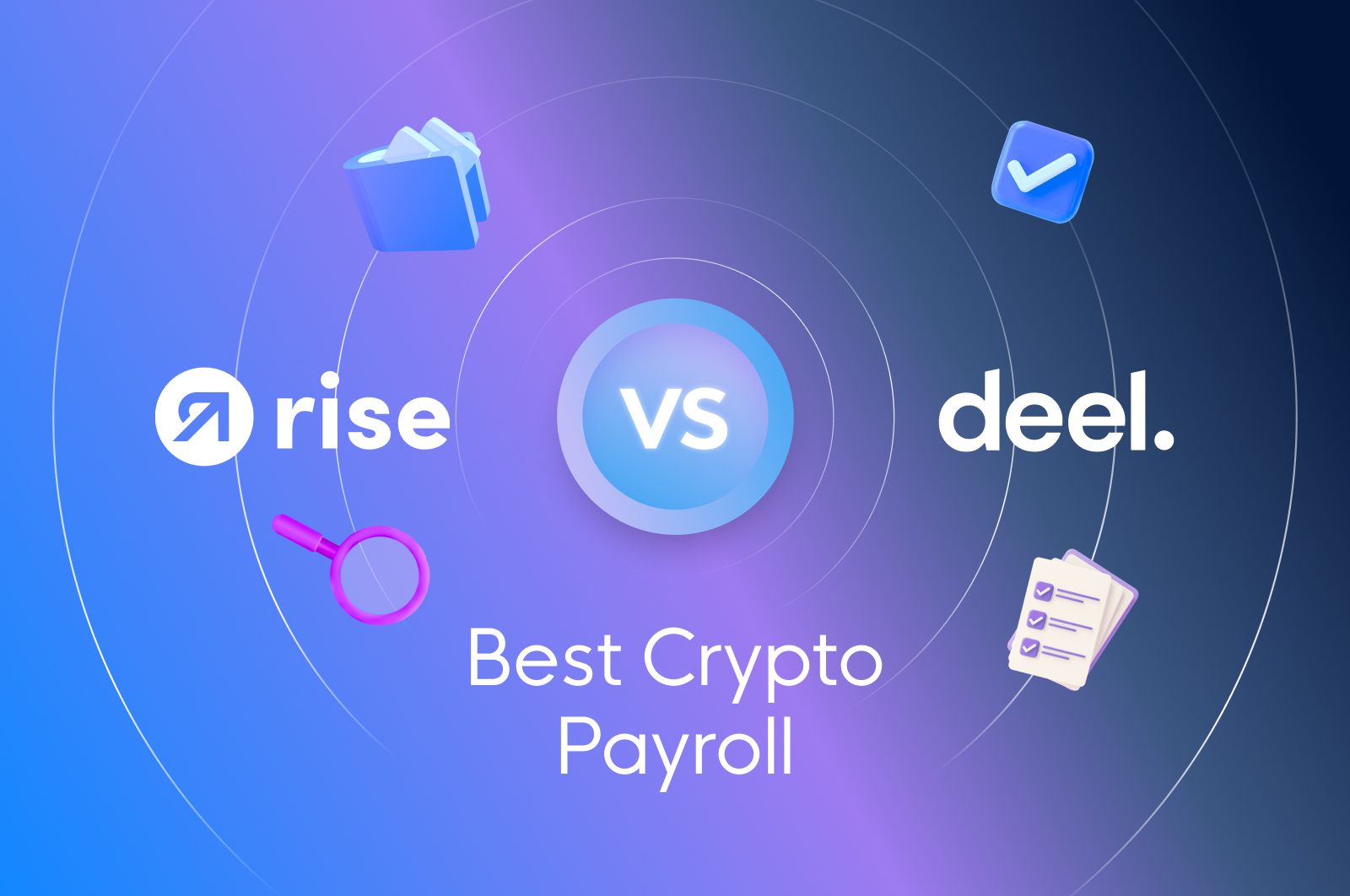
Implement Hybrid Compensation Models: Pay at least the minimum wage and overtime in fiat currency (e.g., U.S. dollars), with any additional compensation optionally provided in cryptocurrency. This approach helps ensure wage and hour law compliance.
-

Obtain Informed Employee Consent: Secure clear, written consent from employees before issuing any portion of their pay in cryptocurrency. The consent should acknowledge risks such as price volatility and tax obligations.
-

Withhold and Report Taxes Accurately: Calculate and withhold all required income and employment taxes in fiat currency, based on the fair market value of the cryptocurrency at the time of payment. Report these amounts on appropriate tax forms (e.g., IRS Form W-2 for U.S. employees).
-
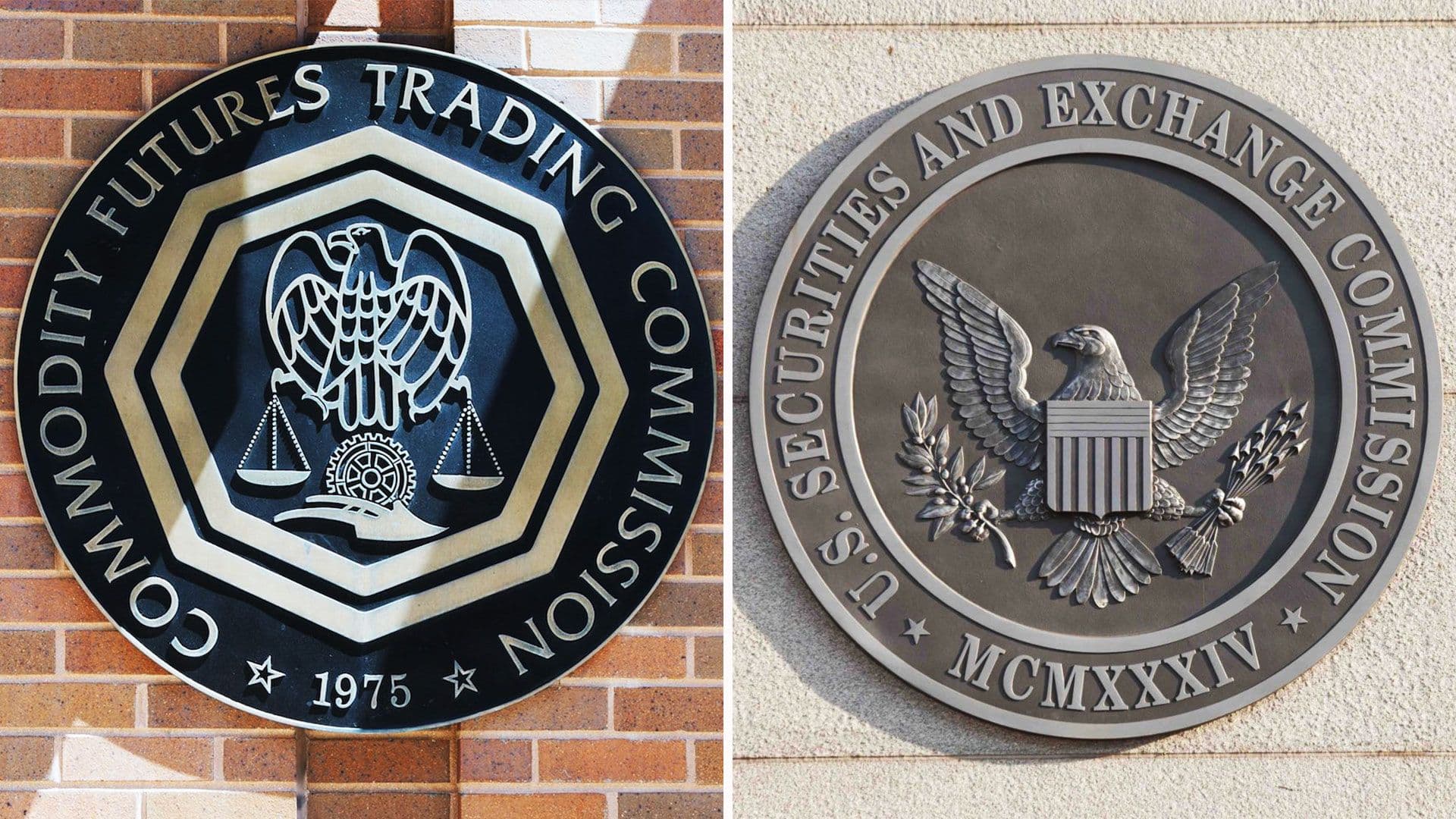
Monitor Crypto Asset Regulatory Status: Ensure that the cryptocurrency used is not classified as a security by the SEC or equivalent authorities, to avoid additional compliance obligations.
-
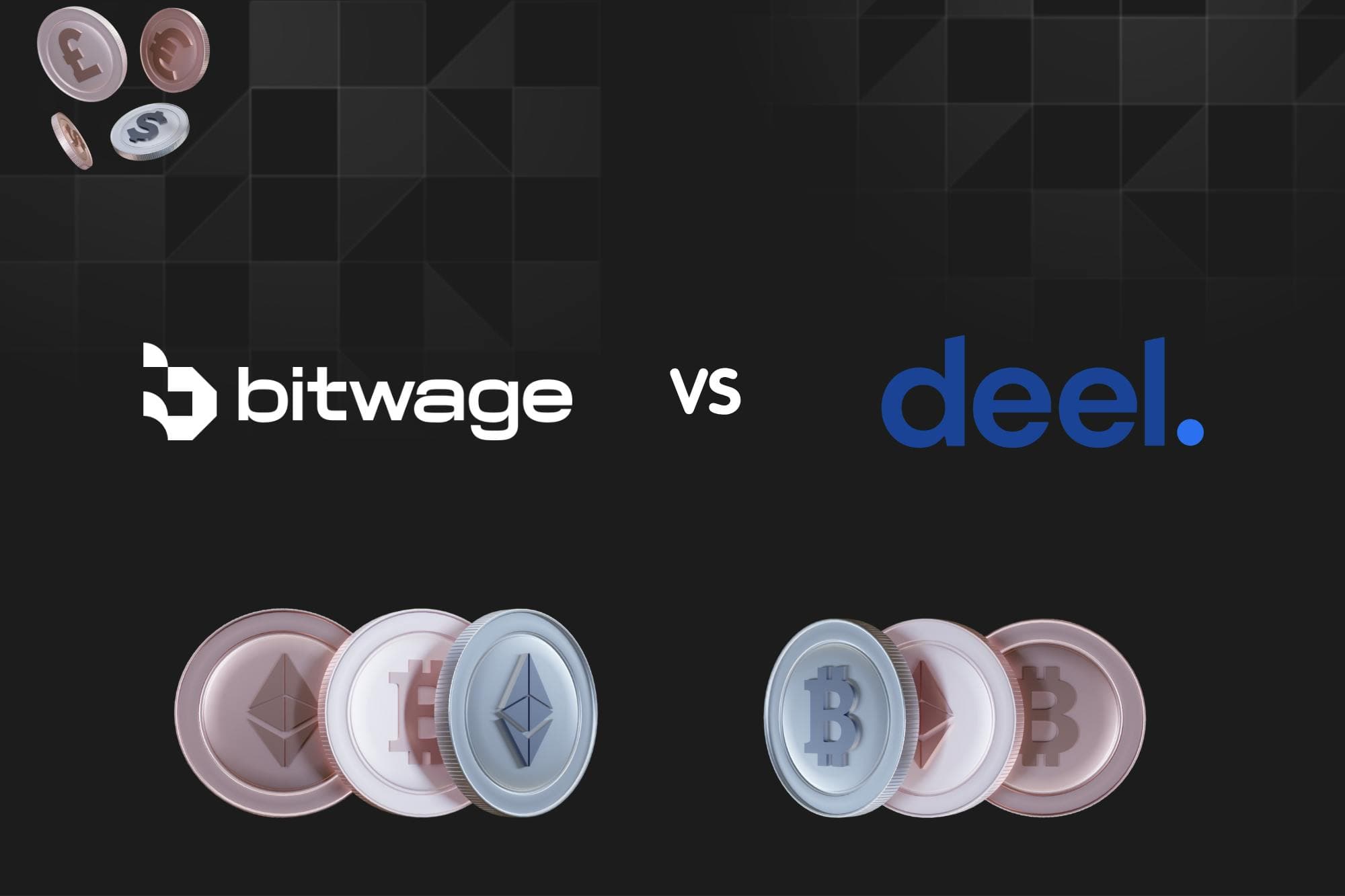
Partner with Experienced Payroll Providers: Use reputable payroll platforms such as Bitwage, Deel, or ADP that have established processes for crypto payroll and compliance with local and international regulations.
-
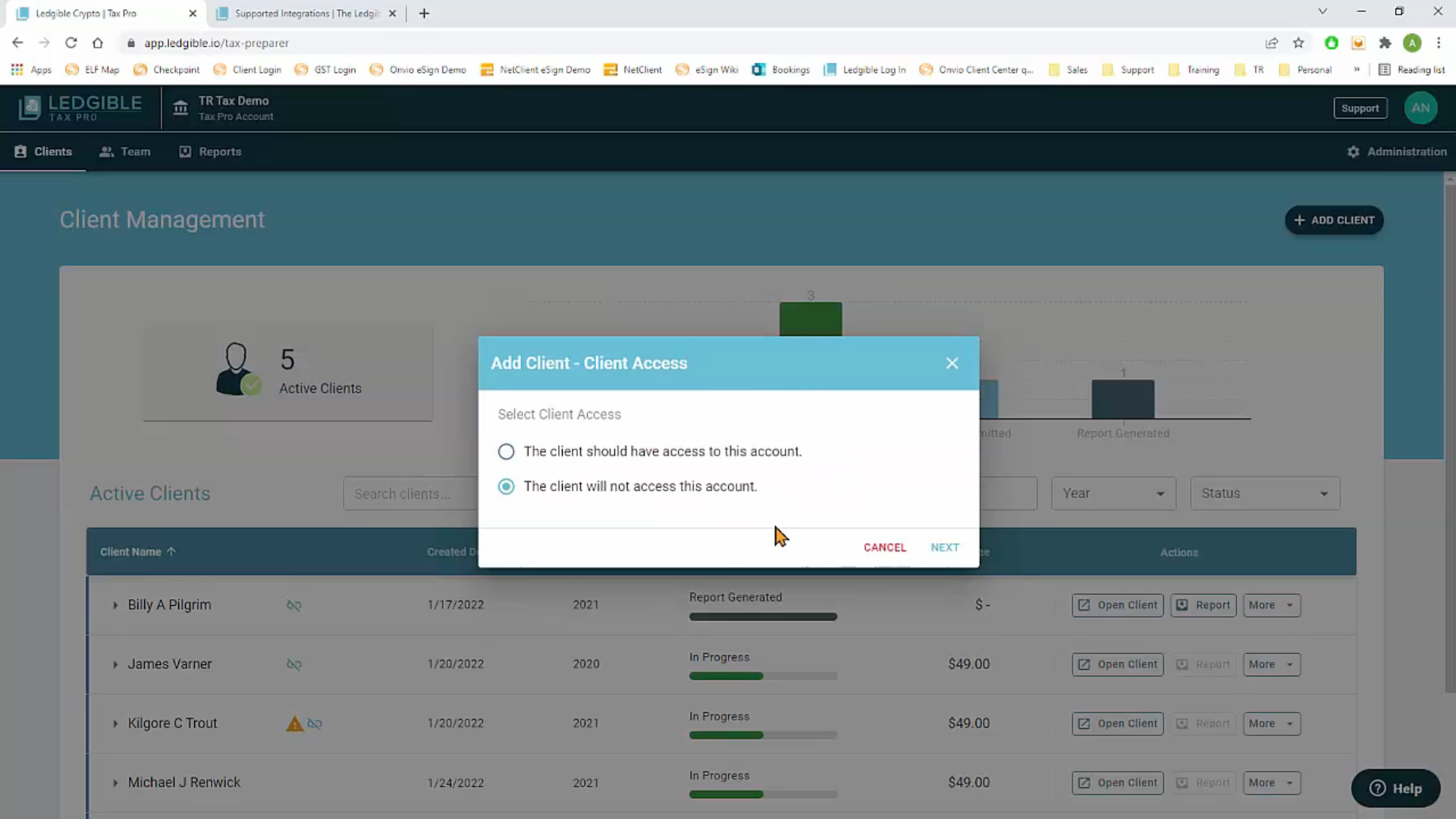
Engage Legal and Tax Professionals: Consult with professionals who specialize in cryptocurrency, international tax, and employment law to stay compliant with evolving regulations.
-

Maintain Detailed Documentation: Keep thorough records of all crypto payroll transactions, including exchange rates, payment dates, employee consents, and tax filings, to ensure audit readiness.
- Document everything: Maintain thorough records of payment calculations, employee consents, exchange rates used at payment time, and all relevant communications.
- Audit regularly: Schedule periodic reviews of your payroll process to catch errors or regulatory changes before they become costly problems.
- Engage professionals: Work with legal counsel specializing in international employment law and crypto taxation, regulations shift quickly.
If you’re using stablecoins like USDC or USDT for payroll distribution, verify that the tokens remain fully backed and redeemable at $1 at all times. Regulatory scrutiny on stablecoin reserves is increasing globally; any deviation could impact wage compliance if token value slips below par.
The Future of Payroll Compliance Crypto Overseas
The landscape for cross-border crypto payroll regulations will continue to evolve as governments clarify their positions on digital assets. Staying compliant means monitoring new guidance from regulators like the IRS, SEC, EU authorities, and local labor agencies, and adapting quickly when rules change.
The upside? By mastering these complexities now, forward-thinking organizations can offer faster payments and greater flexibility to top talent worldwide while minimizing legal exposure. The combination of stablecoins’ reliability with robust compliance processes positions businesses to thrive in the next era of international work.






